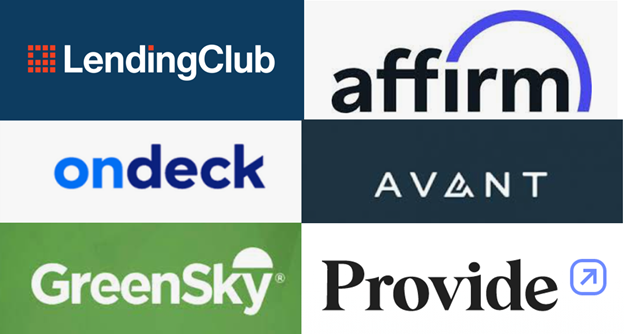
There’s no denying that right now a lot of money is flooding into #startups. A lot!
But the money won’t always be there. What will happen once the cash stops flowing? Will there be a wave of startups forced to close shop or are there other possible outcomes? A few thoughts 👇
But the money won’t always be there. What will happen once the cash stops flowing? Will there be a wave of startups forced to close shop or are there other possible outcomes? A few thoughts 👇

2/13: Answering this question isn’t easy because every startup’s situation is unique. But I can share a framework that can be used to help think through the possible outcomes.
I call the framework “Climbing the Relevance Curve” and it has three simple questions at its core.
I call the framework “Climbing the Relevance Curve” and it has three simple questions at its core.
3/13: Question 1: Will anyone notice?
At the foundation of the concept of “relevance” is the notion that a startup is either relevant or irrelevant through the lens of a counterparty. You don’t get to decide this. The market does.
At the foundation of the concept of “relevance” is the notion that a startup is either relevant or irrelevant through the lens of a counterparty. You don’t get to decide this. The market does.
4/13: The simplest way of determining relevency is to answer the question:
“Who, if anyone, would be significantly hurt if my startup were to go away tomorrow?”
Would your customers care? Would they have to replace you? Would they be able to find a good alternative?
“Who, if anyone, would be significantly hurt if my startup were to go away tomorrow?”
Would your customers care? Would they have to replace you? Would they be able to find a good alternative?
5/13: Question 2: How much money is being burned?
Knowing how much money your startup is burning and how much additional capital it will need to turn profitable is critical. It’s important to internalize whether an investor or buyer would see you an asset or a liability.
Knowing how much money your startup is burning and how much additional capital it will need to turn profitable is critical. It’s important to internalize whether an investor or buyer would see you an asset or a liability.
6/13: Question 3: How fast is my startup growing?
Scale matters to relevance and high growth companies are scaling quickly. Therefore relevance is a function of time for great startups.
Scale matters to relevance and high growth companies are scaling quickly. Therefore relevance is a function of time for great startups.
7/13: The answers to these three questions are critical when cash is running out or you want to sell your startup.
New investors won’t always be slinging around cash.
And buyers won’t always be there, especially if your startup hasn’t climbed the relevancy curve yet.
New investors won’t always be slinging around cash.
And buyers won’t always be there, especially if your startup hasn’t climbed the relevancy curve yet.
8/13: Existing investors can choose to infuse capital if a startup is climbing the relevance curve quickly. But the converse is also true. If a startup isn’t climbing the relevance curve quickly enough then the capital outlay might be seen as “delaying the inevitable.”
9/13: How will an acquirer value proprietary tech or a large user base? There are cases where these assets will be seen as valuable but these cases aren’t the norm. Unless you have something truly unique, cut what you think they’re worth by 75%+ and you'll be in the ballpark.
10/13: Acquihire situations are becoming more and more frequent due to the shortage of great talent in the market, but the general price tag for these deals is pennies on the dollar relative to most startups’ peak valuations.
11/13: While some may think I’m being too “black or white” in my thinking, I can point to real situations that my fund has or is navigating. We’ve sold quite a few businesses recently and you can map the ease of sale and ultimate price tag to the above framework.
12/13: I’ve watched this climb many times across many different business models and the story is the same.
Becoming “relevant” is not just important, it might actually be the most important metric to track.
Becoming “relevant” is not just important, it might actually be the most important metric to track.
13/13: And in today’s market with sky-high valuations and hyper-growth expectations, the relevance curve needs to be climbed while the cash is flowing because it will be difficult to continue the climb when market conditions take a turn for the worse.
• • •
Missing some Tweet in this thread? You can try to
force a refresh











